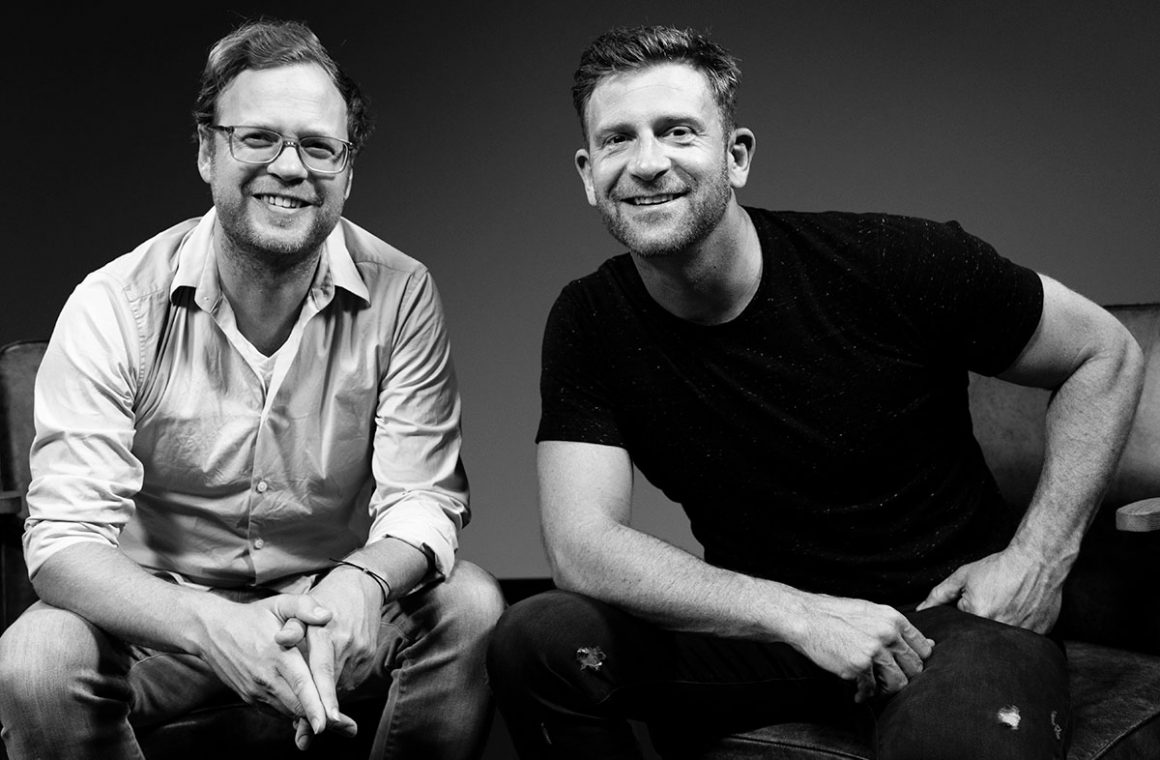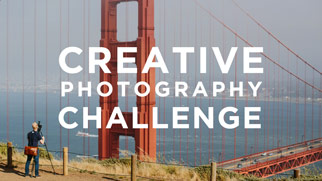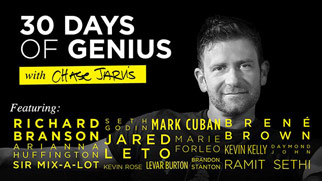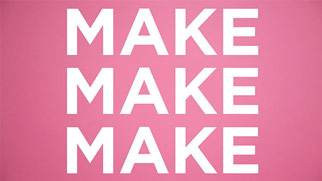
Michael Hebb is an artist, activist, restaurateur, long time friend of mine and probably the closest thing that comes to an expert on death. He is a hyphenated renegade, seemingly more comfortable swimming upstream and addressing taboo subjects than he is going with the crowd. He co-founded Portland’s unsanctioned underground food movement, was my co-conspirator for Songs for Eating and Drinking, and he recently wrote a powerful book about death that will change the way you view life.
Let’s Talk About Death (Over Dinner) is a tactical guide for having the most important conversations with yourself and your loved ones about what you want when you die, but more importantly what you want out of life. This book and this conversation is about tapping into the human experience to help you live a more fulfilled and creative life. Thinking and talking about death will make you laugh more, bring you perspective and clarity onto your life, and will bring you closer to those around you.
In this episode, you’ll also be glad to know:
- You can do whatever your craft is with whatever supplies, tools, and environment at your disposal. Michael didn’t even have a commercial kitchen (or the FDA’s approval) when he started Family Supper. Don’t focus on what you don’t have; focus on the thing/experience/art/outcome you want to create. Start by starting.
- We need to talk about death. The taboo and repression around talking about death is causing us financial, emotional and even physical problems as individuals and as a society. Check out deathoverdinner.org if you need a little help talking about death with your loved ones.
- Death puts life into perspective. There are no experts on death. Nobody knows what happens after you die. What we do know is that death is a human experience and we will all face it eventually. What happens between now and then is something you can (and should) plan. Let death help guide how you live your life.
Enjoy!
FOLLOW MICHAEL:
instagram | twitter | website
Listen to the Podcast
Subscribe




Watch the Episode
Some Questions I Asked:
- What’s your backstory? [2:10]
- Talk about the unsanctioned underground food scene you started in Portland. [10:11]
- Why do people care about having a conversation around death? [23:10]
- Talk to me about living a life where you are making things that matter to you personally. [34:50]
- What lens have you put on death in your book to help us understand it? [41:04]
- If you had 30 days left to live, how you would spend it? [61:15]
- How do you talk to your kids about death? [61:35]
- What is the most significant end of life experience of which you’ve been a part? [62:30]
- What would you eat for your last meal? [63:17]
- How are you thinking about this book and what’s your next project? [67:20]
- What’s the best way for people to find you? [71:57]
In This Episode, You Will Learn:
- Michael started his career as an architect by opening his own architecture firm and nonprofit, City Repair. [3:00]
- The lessons Michael learned from breaking the law. [6:00]
- A quick lesson on human evolution. [8:05]
- How pop up restaurants were first developed in the living room of Michael and his former partner, Naomi Pomeroy. They called them Family Supper. [11:50]
- How to fight the oppression of the blank page… start by starting. [19:00]
- The story Michael and my first man-date, which spawned our collaborative project, Songs for Eating and Drinking. [20:00]
- 75% of people want to die at home, but only 25% of people get to. End of life expenses are the number 1 cause of bankruptcy in the US. [28:00]
- Check out deathoverdinner.org if you need a little help talking about death with your loved ones. [32:47]
- The power of letting ideas and your ego die. [38:15]
- Harvard did a study that found that meditating on death makes you funnier and makes you laugh more. [42:55]
- When we face death, it’s the quickest way to learn about yourself and your own priorities. [45:40]
- The story of the avalanche that I shouldn’t have lived through and the perspective that it gave me. [47:20]
- The healing power of self knowledge. [52:00]
- Human connection and community has been proven to be the number one factor of longevity. Babies will actually die if not touched in infancy. [53:30]
- Gabor Mate breaks human vitality down to two things: attachment and authenticity. Work hard at getting close with those around you and work hard at getting to know yourself and live accordingly. [55:12]
- Michael joined Roundglass, the “Bauhaus of wellness”, a collective of 250 well-being leaders who are trying to build a movement around well-being. Check out some of their projects, Drugs Over Dinner and Women Teach Men to see what they are up to. round.glass [69:18]
This podcast is brought to you by CreativeLive. CreativeLive is the world’s largest hub for online creative education in photo/video, art/design, music/audio, craft/maker, money/life and the ability to make a living in any of those disciplines. They are high quality, highly curated classes taught by the world’s top experts — Pulitzer, Oscar, Grammy Award winners, New York Times best selling authors and the best entrepreneurs of our times.

























